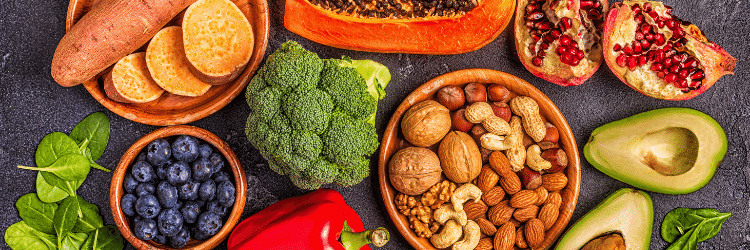So, what is kidney disease?
Healthy kidneys are vital to your well-being. Your kidney’s, two bean-sharped organs, act as your body’s waste filtration system by cleaning your blood and disposing of excess water, waste in the blood, or unwanted chemicals through your urine.
When kidneys aren’t functioning as they should, waste gradually builds up in your body, impacting on your health. This condition is called kidney disease.
There are 2 main types of kidney disease:
- Short-term (acute kidney injury)
- Lifelong (chronic)
Am I at risk of kidney disease?
Kidney disease is not reversible, but it is treatable if caught early. Check these risk factors and consider if you are at greater risk of developing kidney disease:
- have high blood pressure
- have diabetes
- have established heart problems (heart failure or past heart attack) or have had a stroke
- are obese
- are over 60 years of age
- have a family history of kidney failure
- smoke
- have a history of acute kidney injury
- are of Aboriginal or Torres Strait Islander origin
Knowing and checking your risk factors can potentially help protect you against developing irreversible kidney disease.
Good kidney health
To achieve good kidney health, it’s important to maintain a healthy weight, follow a nutritious balanced diet and stay active. When creating your everyday meal options, choose a variety of foods from the 5 food groups recommended by the Australian Guide to Healthy Eating.
- Enjoy a range of colourful fruits and vegetables, aiming for at least 5 portions of vegetables and 2 servings fruits daily
- Grains and cereals – choosing wholegrain and high fibre options where you can
- Lean meats and poultry, oily fish, eggs, tofu, legumes/beans, nuts, and seeds
- Choose reduced fat varieties of milk, yoghurt, and cheeses
- Drinking approximately 8 to 10 cups of water daily for hydration
- Plus, limit your sugar, salt (sodium) and fat intake.

One way you can care for your kidneys is by understanding and using the Health Star Rating system. While grocery shopping, use the Health Star Rating system on the front-of-pack labelling to help compare similar products. Then, choose the options with higher star ratings for lower saturated fats and/or sugars and salt (sodium). The more stars on the front of pack, the healthier the choice.
An Accredited Practising Dietitian experienced in kidney disease may also assist in managing your kidney health by assessing your current eating habits and making recommendations for what food and drinks are best for you, if changes are needed.
To stay active and fit with at least 30 minutes of physical activity that increases your heart rate on five or more days of the week. This could include walking, gardening, bike riding, swimming or gentle aerobics or yoga.
Get your kidney health check
Don’t forget – early diagnosis and optimal management can often prevent kidney damage from becoming worse. If you think you may be at risk of kidney disease consult with your doctor to review your medical history and perform a physical examination.
Get Healthy Service
If you live in NSW, you may be eligible for free telephone-based health coaching with Get Healthy. Health coaching can help with maintaining regular exercise routine, weight management, reducing alcohol, and healthier habits – all which are important for kidney health. To find out more, please give Nutrition Australia NSW Head Office a call on 9570 3990.
Nutrition Australia NSW is proudly supported by NSW Health.




